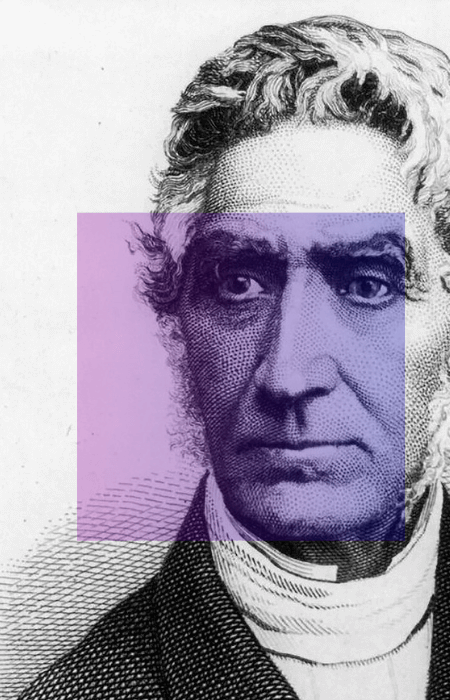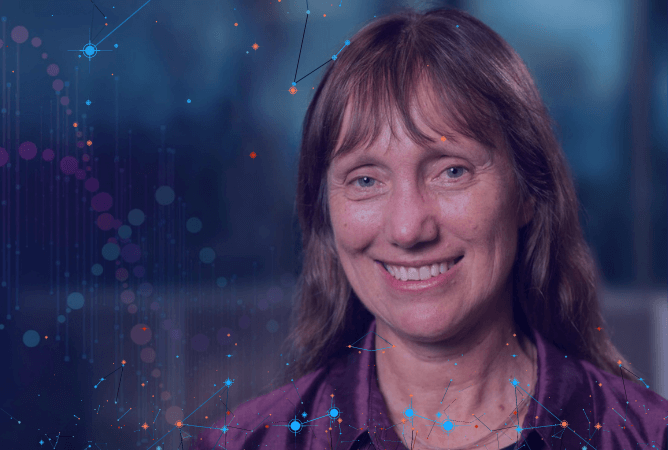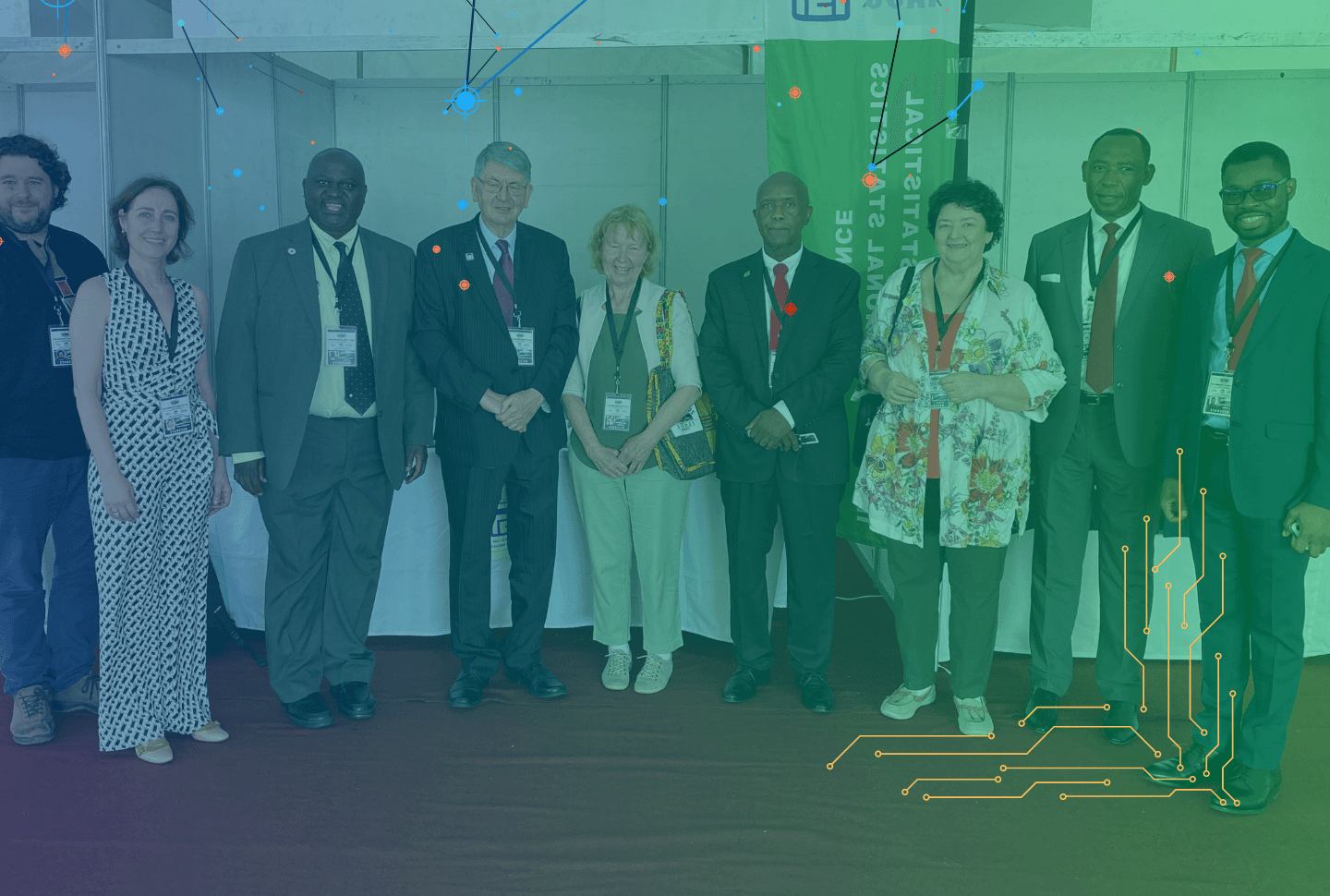In 2021, ISI started defining goals and objectives, establishing the budget, building the team, checking the venue, developing event branding, planning the program, confirming partners, exhibitors, and speakers, and much more. After the virtual WSC 2021, this WSC is the first organized by the ISI itself with the support of the host country Canada. This way of working creates a blueprint for the WSC's and other congresses in the future.













